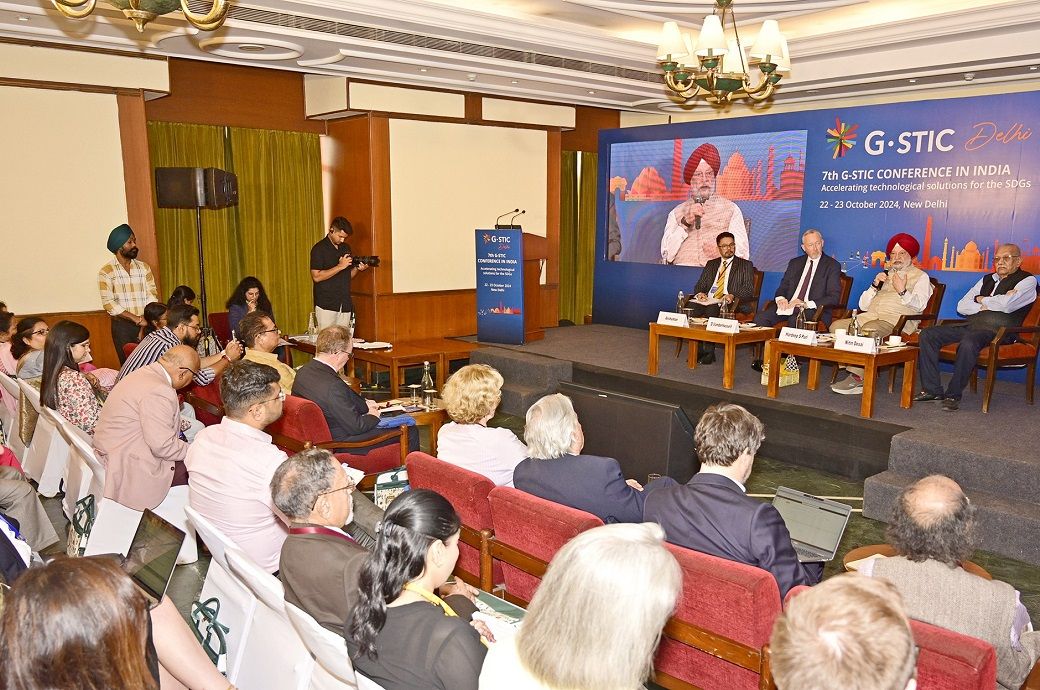
The conference, hosted in India for the first time and organised by TERI and VITO, focuses on ‘Harmonizing Technology, Policy, and Business Pathways for a Sustainable Future.’ Puri highlighted the ongoing challenge for democratically elected governments in balancing affordability, availability, and sustainability in energy policies, a ‘critical trilemma’ faced worldwide.
Key achievements were spotlighted, including India's progress in ethanol blending, which surged from 1.53 per cent in 2013-14 to 16 per cent, with the government advancing its 20 per cent blending target to 2025. Puri also praised India's hydrogen fuel initiatives, with 15 hydrogen-powered buses currently in operation, and green hydrogen’s potential to reshape the energy landscape.
The Minister stressed the importance of addressing energy needs in the Global South, where many countries rely heavily on energy imports. He expressed optimism that India’s ethanol and biofuel strategies could serve as models for these regions, despite challenges like limited arable land for biofuel production.
The Ujjwala scheme, a transformative initiative, was also emphasised for its role in expanding cooking gas access, increasing connections from 140 million to 330 million and helping lift millions out of multidimensional poverty.
Puri concluded by reiterating India's commitment to innovation, particularly in reducing the cost of green hydrogen production, calling it a game-changer for the nation's sustainable energy future.
Fibre2Fashion News Desk (HU)